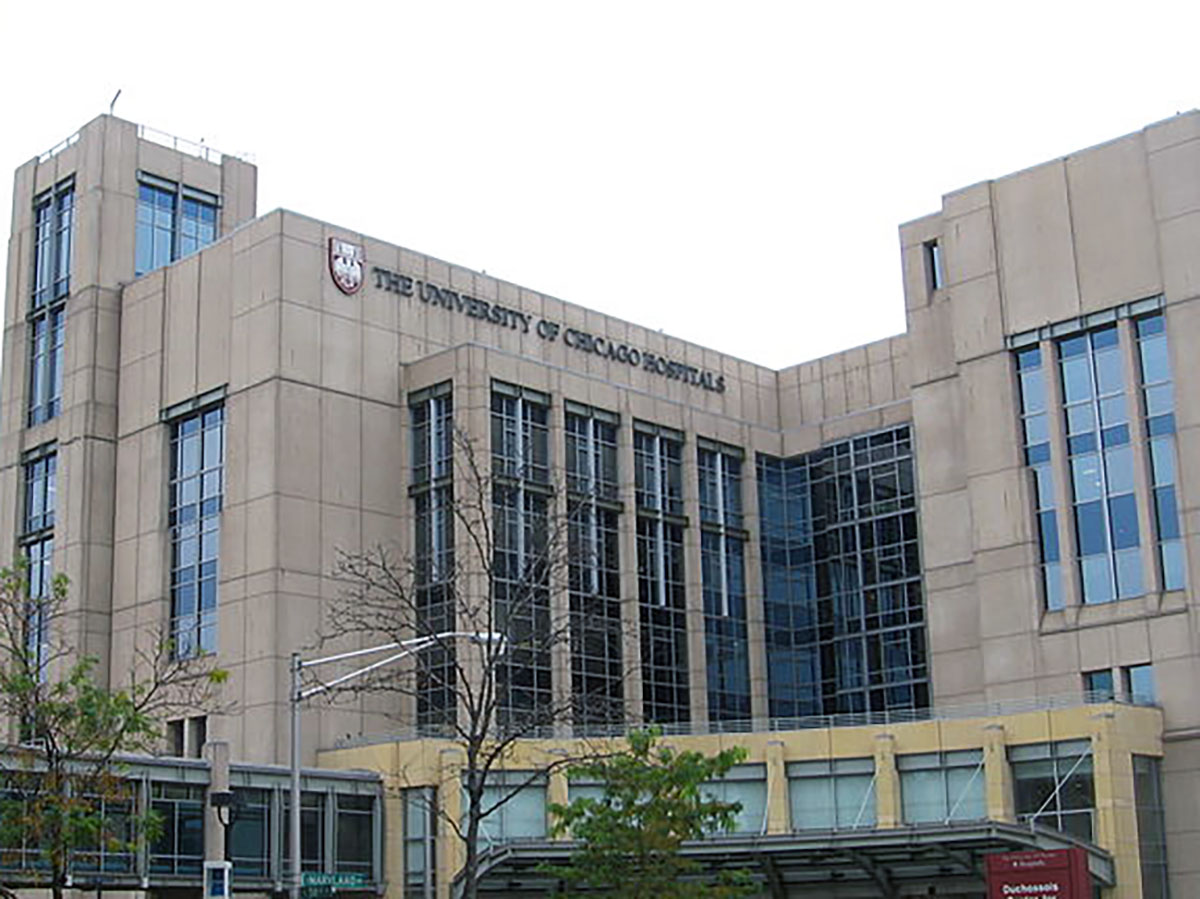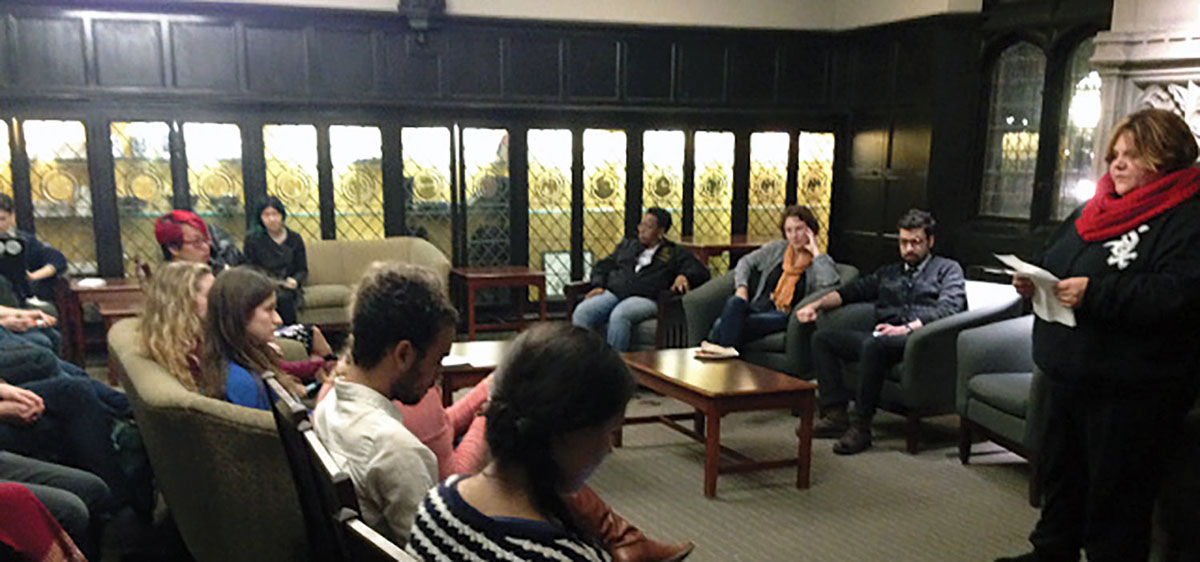
With no date set for a possible strike, negotiations are expected to continue in the interim. Registered nurses voted Jan. 29 to authorize a one-day strike to protest the hospital’s refusal to address staffing and patient care concerns. Photo courtesy of Crimsonmaroon via Wikipedia
CHICAGO — Registered nurses at the University of Chicago Medical Center overwhelmingly voted by 95 percent Jan. 29 to authorize a one-day strike to protest the hospital’s refusal to address staffing and patient care concerns that nurses say jeopardize the health and safety of both patients and nurses.
No date has been set for a possible strike, and negotiations are expected to continue in the interim.
The RNs’ three-year contract expired in October 2014. Contract negotiations between National Nurses United (NNU) — which represents about 1,550 UCMC nurses — and the hospital, have made little progress, said NNU Midwest Director, Jan Rodolfo.
At issue, primarily, is the medical center’s refusal to address unsafe staffing levels and it’s proposals to: replace the clinically competent RN “charge nurses” on each unit with managers focused on budgetary concerns; and to require more nurses who usually work day shift to unsafely “rotate” their schedule and randomly work night shifts.
Research indicates that staffing levels are the single biggest factor in hospital morbidity rates, and NNU has pushed the medical center to adopt the nurse-to-patient ratios that are mandated by law in California.
“When nurses have more patients than they can safely care for,” said Brigitt Manson, RN, a pediatric nurse at UCMC, “it puts our patients at risk. It’s just that simple.”
Similarly, the practice of nurse rotation jeopardizes patient health.
Nurses who are sleep deprived are less likely to notice what may often be subtle changes in a patient’s condition, suffer from adverse health effects themselves and even report falling asleep while driving home after a twelve hour shift.

Nurses discuss the strike before they cast their vote. Ninety-five percent of nurses at the University of Chicago Medical Center who voted, gave union leadership approval to issue a strike notice if necessary. Photo courtesy of National Nurses United
UCMC nurses are particularly appalled over the University’s proposal to cut staff nursing on the unit by eliminating the charge nurse role for bedside nurses. The charge nurse plays several key roles in a hospital unit, first as a kind of air-traffic controller, who assigns the most appropriate nurse to each patient based on their condition, intervenes in emergencies and plays a role as clinical mentor to new nurses.
“We would lose that clinical, hands- on- person,” said Judy Tevere, RN, a cardio thoracic intensive care nurse in at UCMC, “and we would get a bean counter, wholly unaccountable to the patients.”
Currently, staff nurses on a unit fill the charge nurse role on a rotating basis while also handling their own patient assignments.
The hospital, however, is proposing to eliminate a full position and give some of the assignment roles to a management RN who would not provide any direct care, thus increasing the patient load for all the remaining RNs and putting patients at risk.
“What all of these measures have in common is that they are unwarranted demands to cut costs at the expense of patient safety,” Rodolfo said.
“The real question is why? The hospital has pocketed more than $850 million in after-tax profits in the past five years alone. It pays its CEO $564 per hour, spent half-a-million dollars on lobbying in 2012, and yet spends only about 1 percent of its gross revenues on charity care, in a city that is home to some of the poorest neighborhoods in the country. What, exactly, are they trying to achieve?”
—National Nurses United
